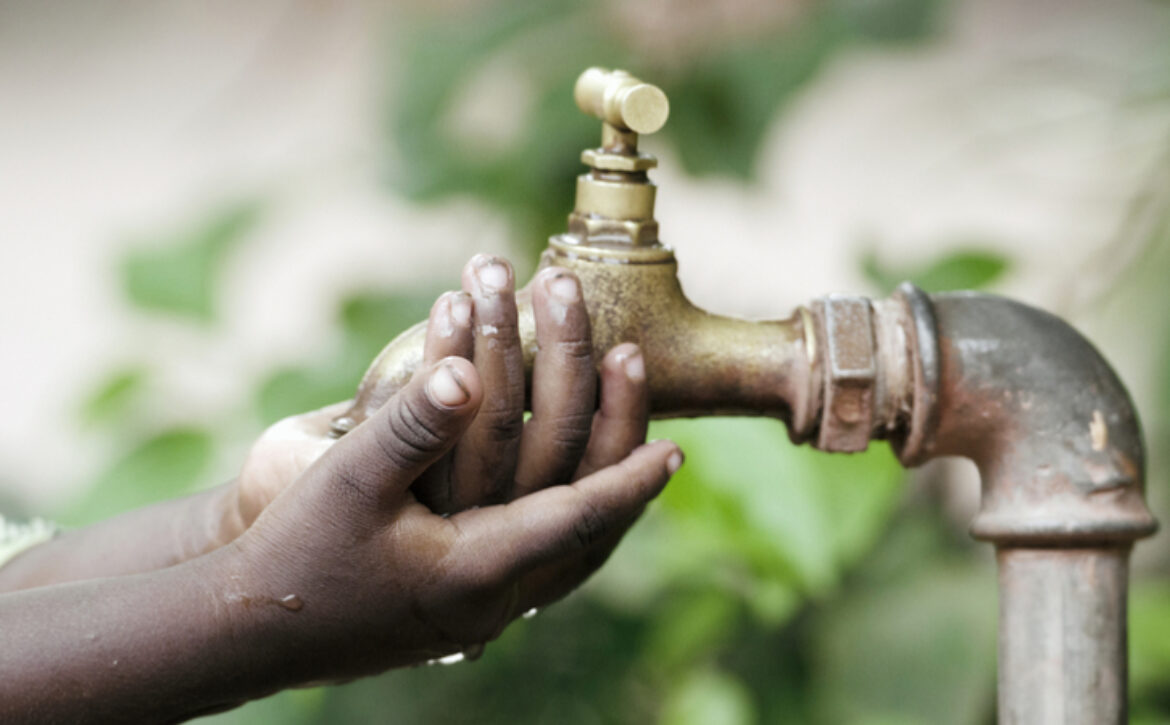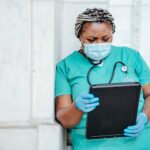COVID-19 Economic Relief Packages and the Future of Social Protection

In the second instalment of Society Talks, the conversation centered on the economic relief responses from government that have been made available to those affected by the COVID-19 pandemic, while also looking at the gaps in policy and what needs to change in future. Panelists included Isobel Frye, Director of Studies at the Inequality and Poverty Institute, Herbert Jauch, Chairperson of the Economic and Social Justice Trust (Namibia) and Deprose Muchena, Regional Director for East and Southern Africa at Amnesty International; hosted by Masego Madzwamuse, CEO of Southern Africa Trust.
Isobel opened the discussion with a summary of the social security structure in South Africa, particularly aimed at children, pensioners, the disabled and a few other small groups, but with a massive gap for the working population. The advent of COVID-19 showed the faults in the system, starting with the numbers of people living below the food poverty line, the informal traders and piece workers who saw a complete severance of income, as well as delays in unemployment benefit payments. Outcomes saw protests and riots, mainly over food. Isobel and her peers expressed more concern at the lack of subsidies for informal workers – the existing emergency relief fund was mostly going out as food parcels rather than income. She said that money in the hands of the informal workers stimulates the local economic development, whereas food parcels undermine the local food production chains.
Herbert added to the conversation, with a reference to a basic income grant in Namibia, pre-COVID, that was based on the structure of the local employment structure. Mentioning the huge gaps in the distribution of wealth in Namibia, much like in South Africa, Herbert agreed with Isobel’s point on how money, rather than food, encourages economic activity. In a pilot project in an eastern region, the basic income grant in Namibia showed an improvement in education outcomes (less children leaving school early) and increased use of the local clinic, which increased levels of health awareness. Unfortunately, the grant has still not been implemented in government. In response to the pandemic, with the collapse of certain industries, like tourism, the government introduced the emergency income grant, which was paid out to people who could prove their loss of income, and who were not receiving any other grants. The outcome of giving people cash rather than food, empowers them to decide what they need to spend the money on.
In response to a question on care work, Isobel touched on the necessity of grants for caregivers, as well as for community health workers. In relation to the rights of migrant workers, particularly the informal cross border traders who have been seriously impacted by the pandemic, Isobel mentioned that this sector is not included in grant allocation, unlike refugees and asylum seekers.
Discussing how the most vulnerable groups are reached, Herbert explained how a basic income grant available to all, would be better and more affordable than trying to determine who is eligible.
Deprose weighed in on the trends in the region, outlining three main issues that have emerged:
- The pandemic arrived at a time when there were pre-existing political economic conditions, that have hindered a region’s ability to respond effectively (mass unemployment, mass poverty and inequality).
- The inequalities are not just in income – gender, generational, able-bodied vs disabled – the response has been largely economic. Aggressive social policies are required to address the needs of the people.
- There is a need to free the states from capture and show them that it is their responsibility to meet the needs of poor people, not just in times of COVID-19. Creating the means for local economy and job development, a right respecting economy.
To realize the dream of social inclusion, the post-pandemic economy and social order cannot be built on what we had before. It is a time for inspirational leadership, to sustain energy on the gains we have seen during the pandemic – the rethinking of the social and economic order for the future.
Click here to watch the full webinar
=========================
Society Talks is a weekly public dialogue hosted by the Southern Africa Trust through a live stream on YouTube. The dialogue brings together stakeholders within the development and business community, civil society and the public to inform, engage and share experiences with the broader society.
Connect and participate every Wednesday at 16h00 Central Africa time (GMT +2).









